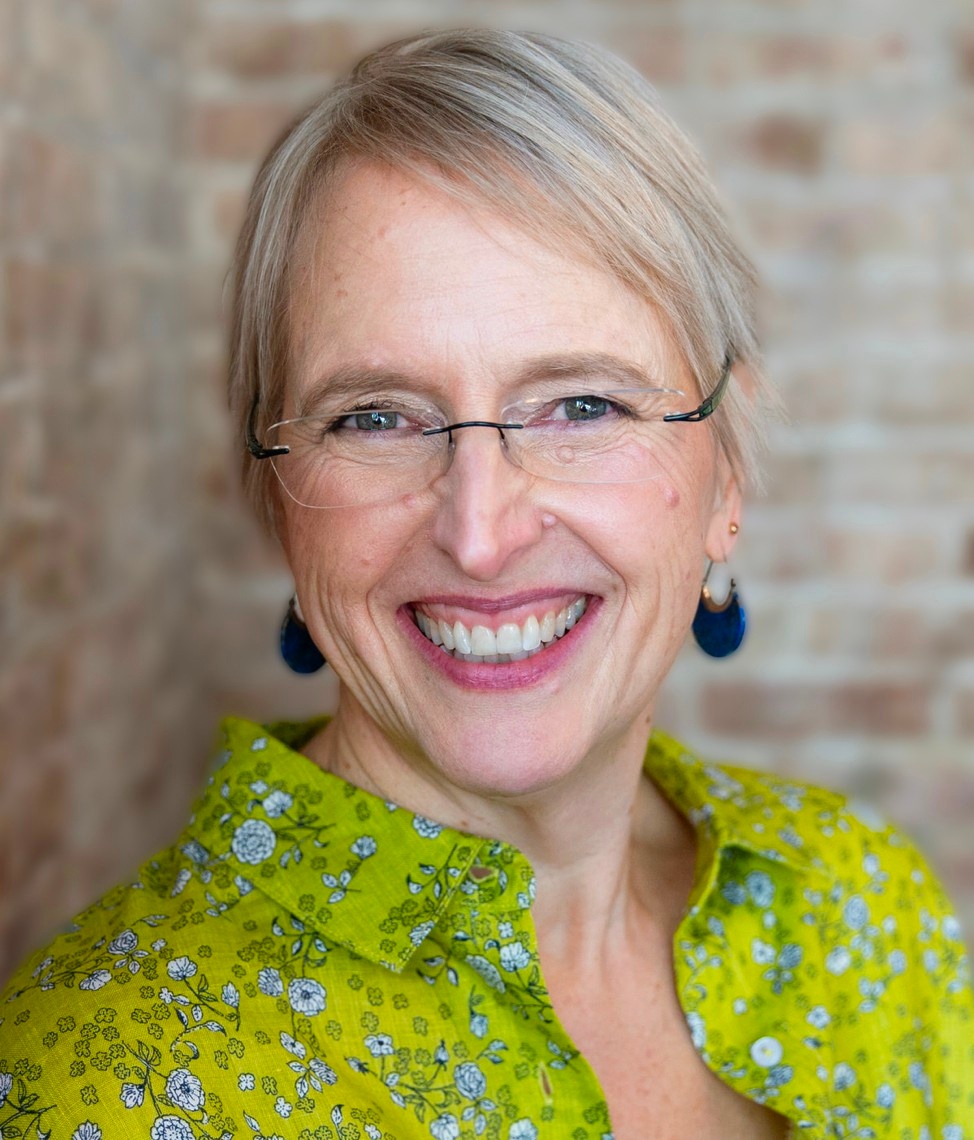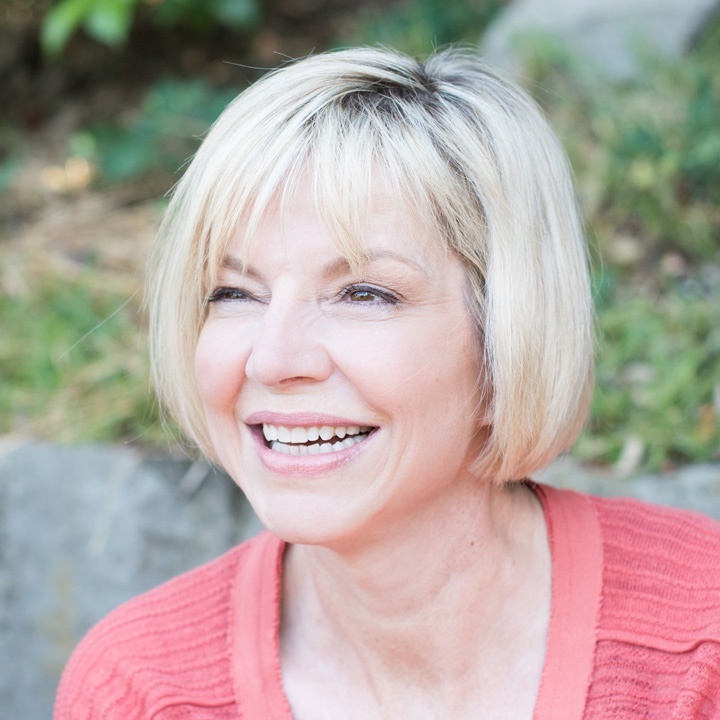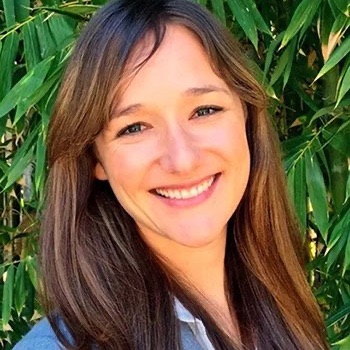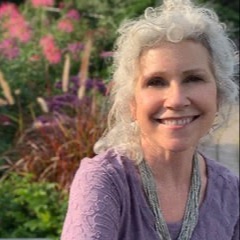
When it comes to desire discrepancy, therapists have a tendency to neglect the higher-desire partner.
I understand why. Often, higher-desire partners are so full of disappointment and hurt that they radiate raw resentment.
Or they might have just given up and checked out of the relationship completely.
On top of that, the vast majority of training for therapists focuses on the lower-desire partner–even though the higher-desire partner is just as important in creating the relational dynamic.
To make real progress with a distressed higher-desire partner, you’ll have to walk a tightrope: building a strong join while also making some powerful challenges.
Let a desire discrepancy expert
show you how to strike the balance.

My name is Martha Kauppi. I’m an AASECT-certified sex therapist, and I’ve devoted much of my career to training other therapists to work effectively with desire discrepancy. In this training, I’ll share four vital keys for working with distressed higher-desire partners.
You’ll discover:
- How desire discrepancy presents with conflict-avoidant versus high-conflict couples
- Five powerful interventions to untangle the relational dynamics around desire discrepancy
- Why I never recommend clients “just do it” to resolve desire discrepancy
- The exact words I use in session to challenge the higher-desire partner (warm, but effective!)
Plus we'll discuss:
- The underlying factors that contribute to desire discrepancy, and how to start untangling them
- How to build a strong join with both partners
- Tips and techniques to help your clients co-create a positive experience
You’ll get:
- A 67-minute pre-recorded webinar outlining clinical skills for working with the higher-desire partner, with a full transcript
- The presentation slides
- 2 CEUs approved by American Association of Sexuality Educators, Counselors and Therapists (AASECT),* following successful completion of a learning assessment
Bonus ebook:
Tough Cases: Working With Challenging Presentations of Desire Discrepancy
I’ll turn the microscope on five different tough presentations of desire discrepancy, providing practical advice at every turn. The ebook (presented in an easy-to-download pdf format) explains skills for effective work with:
- Low desire stemming from sex pain
- Low desire due to pressure for sex
- Asexuality vs. low desire
- Understanding desire itself
- Porn use and self-pleasure
What People Are Saying
Martha continually offers the most accessible and applicable training to therapists. Her leadership, teaching, and mentorship help me to be a better therapist; she is always in the room with me. I have so much heartfelt gratitude for her presence, her gifts, and her generous spirit. This is a very meaningful training!
Grenda David, MBA, MA, LMFT - Camarillo, CA


Words cannot express the impact Martha has had on me, not only as a mental health professional, but as a human being. She is, hands down, one of the most influential people in my life; she is a model of human kindness and professional integrity. I've learned greatly about human sexuality and healthy relationships through her razor-sharp intuition and clinical and teaching skills. It is a mighty combination! I am grateful for the community she has built through the ATSIP Level 2 Consulting Groups, and I look at my time there with love and appreciation.
Vanessa Harvell, LMFT - Los Angeles, CA
Learning from Martha, and having access to the amazing wealth of resources that were offered up, has changed how I work with just about everyone! I learned to build in a better way to assess sexual issues during every intake, and I've received nothing but positive feedback thus far. I witness my clients gaining both more ease to explore and more confidence with interventions. My couples have all indicated that the work has deepened in ways they did not think possible before. It has been such a joy to witness their growth. Martha, you are changing so many things for so many people with your wise, compassionate, and generous teaching.
Kathy Heuser, Psy.D., LPCC - Burnsville, MN

*This program meets the requirements of the American Association of Sexuality Educators, Counselors and Therapists (AASECT) and is approved for 2 CE credits. These CE credits may be applied toward AASECT certification and renewal of certification.







